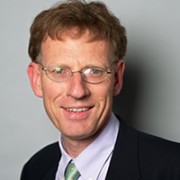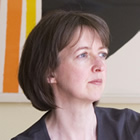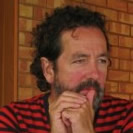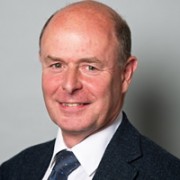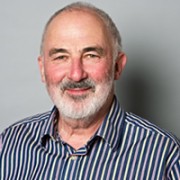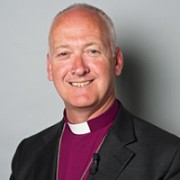Broadcasters must have faith in religious TV
It’s only appropriate to begin a piece about religious broadcasting with a confession. I am guilty of the sin of pride. I won a Sandford St Martin Trust Award in 2012 for a documentary I made about Victorian bankers and am very proud of it – even though I did not actually think I was making a religious programme at the time.
In fact the documentary, When Bankers Were Good, opened with a shot of me standing in Canary Wharf shouting “BANKERS” at the top of my voice at the occupants of the financial buildings. It did not feel particularly reverent and I did not feel that I was auditioning for Songs of Praise.
But I had misunderstood the nature of the awards, which are designed to recognise programmes of all kinds that in some way take faith seriously. In our case it was the decision not to condescend to the believers of the past but to entertain the idea that their faith was indeed as important to them as they claimed, and that it may well have been the motivation for their extraordinary acts of philanthropy.
To look at some of the Quakers and Anglicans and Jews who were running the banking system 100 years ago and acknowledge that they had a system of beliefs and tried to live by a moral code was not exactly ground-breaking, but the contrast with the present-day bankers made their stories seem all the more remarkable. Or so the judges said.
And that is the point about these awards. They remind broadcasters operating in an often evangelically secular media environment that programmes that concern themselves with faith are still trying to engage with the world, rather than just trying to escape from it into the next. They can be current affairs as much as they can be history, and they can be arts programmes and books programmes and even comedy shows like the 2011 winner, Rev.
Admittedly they rarely overlap with the science department, but for range and quality they are often impressive. All of this is certainly true of the 2014 shortlist that makes an extremely strong case for putting such broadcasting at the heart – rather than the margin – of the schedules. All programme-makers are ultimately looking for good stories to tell. And audiences are looking for good stories to watch. And there are few richer repositories of stories than the world’s faiths and the extraordinary ways that human beings have attempted to find meaning through them.
Even if you disapprove of religion entirely it is difficult to resist, say, Simon Schama telling you why 20th-century Manhattan became the promised land for the exiled Jews of the diaspora, and why the classic musical expression of the American dream, Somewhere over the Rainbow, could only have been written by Jews in Tin Pan Alley. And this is just one tiny example from one programme from one series on the shortlist.
The public vote provides recognition that these stories are for a popular and not just a niche market, so as discerning readers of Radio Times, do vote as a reminder to the media powers that be that there is a significant body of viewers out there who appreciate this type of broadcasting.
Forgive the pride (again) but after the programme that won the award went out on television, I was told by a bemused young TV executive that “this stuff” did “surprisingly well” in the ratings. It should not have been a surprise. The one thing that broadcasters really should believe in is the audience.
First published in the Radio Times
Voting for the Radio Times Readers’ Awards in the annual Sandford St Martin Trust Awards is now open – cast your vote here.
Everyone who votes and leaves their details will be entered in a prize draw. One person, drawn at random, will win £1,000 to spend on home entertainment equipment.



